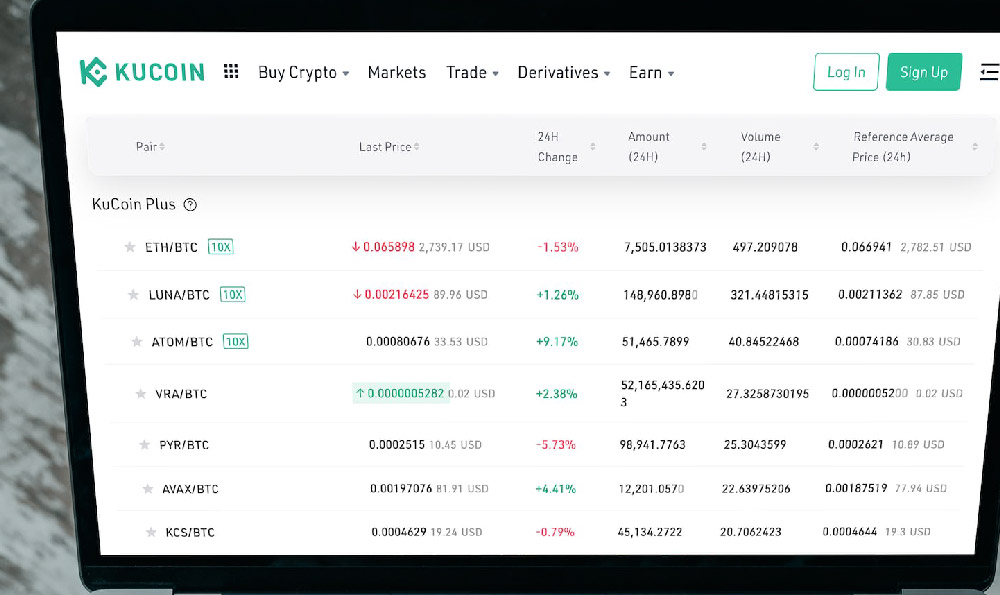How Much Do Truckers Make a Year? What Factors Affect Their Salary?
Okay, I'm ready. Here's an article based on the title you provided, aiming for a detailed, insightful explanation of trucker earnings:
How much do truckers make in a year is a question with no single definitive answer, as the earning landscape for these essential workers is surprisingly diverse and subject to numerous influencing factors. To truly understand the financial realities of a trucking career, one must delve into the various facets that determine a trucker's annual income.
One of the most prominent determinants of a trucker's salary is their employment status. Generally, we can divide drivers into two major categories: company drivers and owner-operators. Company drivers are employees of a trucking company. They receive a regular paycheck, often based on miles driven, hourly rates, or a percentage of the load's revenue. Their earnings are typically more stable and predictable, but often come with a smaller potential upside compared to owner-operators. Benefits such as health insurance, retirement plans, and paid time off are also commonly provided to company drivers, contributing to their overall compensation package. The median salary for company drivers can fluctuate significantly based on experience, the type of freight they haul, and the region they operate in, but generally falls within a certain bracket, offering a reasonable financial foundation for those seeking consistent employment.

Owner-operators, on the other hand, are independent contractors who own and operate their own trucks. This status presents the opportunity for significantly higher earnings, as they retain a larger share of the revenue generated by each load. However, this potential for higher income is balanced by the inherent risks and responsibilities of entrepreneurship. Owner-operators are responsible for all the expenses associated with their truck, including fuel, maintenance, insurance, permits, and loan payments. They also shoulder the burden of finding their own loads, negotiating rates, and managing their business finances. The financial success of an owner-operator is highly dependent on their business acumen, their ability to secure profitable loads, and their efficient management of operating costs. While some highly successful owner-operators can earn well into six figures, others may struggle to break even, particularly if they encounter unexpected repairs or face challenges in securing consistent work.
The type of freight a trucker hauls also significantly influences their earnings. Drivers who specialize in transporting hazardous materials, oversized loads, or refrigerated goods often command higher rates due to the specialized skills and equipment required. These types of loads typically involve greater liability, increased regulatory scrutiny, and more demanding handling requirements, justifying the higher compensation offered. Furthermore, the demand for certain types of freight can fluctuate depending on the season and economic conditions, impacting the rates paid to drivers who haul them. For example, drivers who transport agricultural products may see a surge in demand during harvest season, leading to increased earnings.
Another critical factor is the type of route a trucker drives. Over-the-road (OTR) drivers, who travel long distances and spend extended periods away from home, generally earn more than local or regional drivers. This is because OTR drivers face greater disruption to their personal lives, endure more challenging working conditions, and typically log more miles. The extended time away from family and the demanding nature of long-haul driving justify the higher pay offered to these drivers. Local drivers, on the other hand, typically enjoy more predictable schedules and are able to return home each night. While their earnings may be lower than OTR drivers, they often value the work-life balance afforded by local trucking jobs. Regional drivers fall somewhere in between, typically driving within a specific geographic area and returning home on weekends or every few days.
Experience is also a significant determinant of a trucker's salary. Entry-level drivers typically start at lower pay rates as they gain experience and develop their skills. As they accumulate years of experience, demonstrate safe driving habits, and acquire specialized certifications, their earning potential increases. Experienced drivers are often more sought after by trucking companies and are able to negotiate higher rates. Furthermore, seasoned drivers are generally more efficient and resourceful, allowing them to maximize their earning potential by optimizing their routes, minimizing downtime, and securing profitable loads.
The geographic location of a trucking job can also impact earnings. Areas with a high demand for trucking services and a shortage of drivers tend to offer higher pay rates. Additionally, the cost of living in a particular region can influence the compensation offered to truckers. Areas with a higher cost of living may offer higher salaries to compensate for the increased expenses.
Finally, economic conditions play a crucial role in determining trucker salaries. During periods of economic growth, the demand for goods and services increases, leading to a greater need for trucking services. This increased demand can drive up rates and boost trucker earnings. Conversely, during economic downturns, the demand for trucking services may decline, leading to lower rates and reduced earnings for truckers. Fuel prices, interest rates, and government regulations can also significantly impact the trucking industry and, consequently, trucker salaries.
In conclusion, the annual income of a trucker is a complex and multifaceted issue. While there are averages available, understanding the interplay of employment status, freight type, route type, experience, location, and economic conditions is vital to understanding how much a trucker makes. For those considering a career in trucking, a thorough understanding of these factors is essential for making informed decisions and maximizing their earning potential. For those already in the industry, continually assessing and adjusting their strategies in response to these factors can contribute to long-term financial success.















